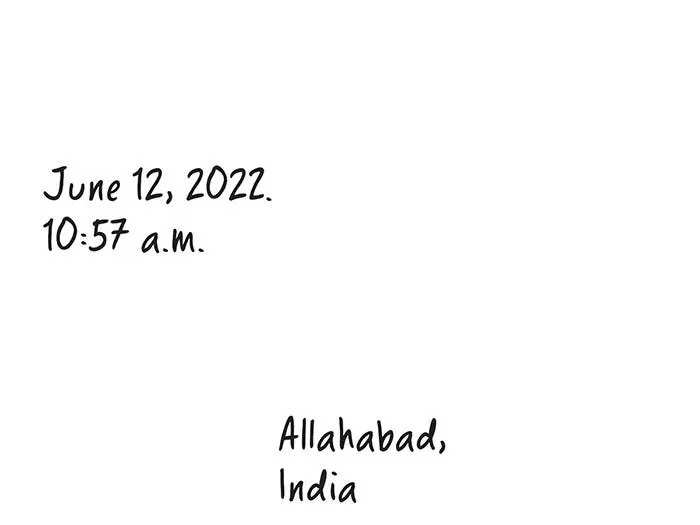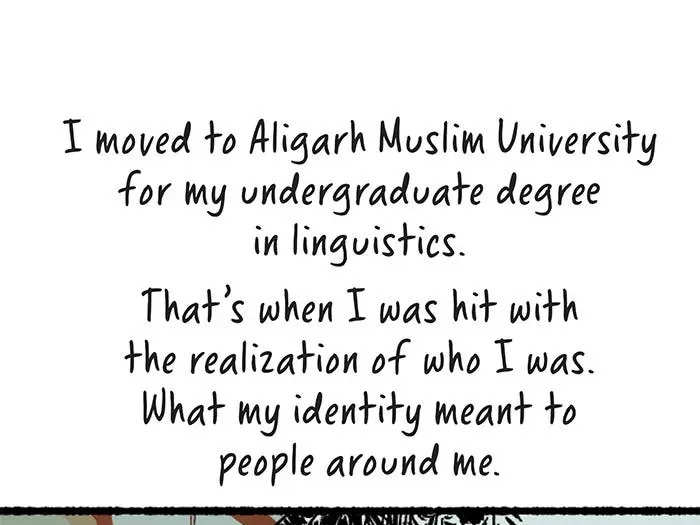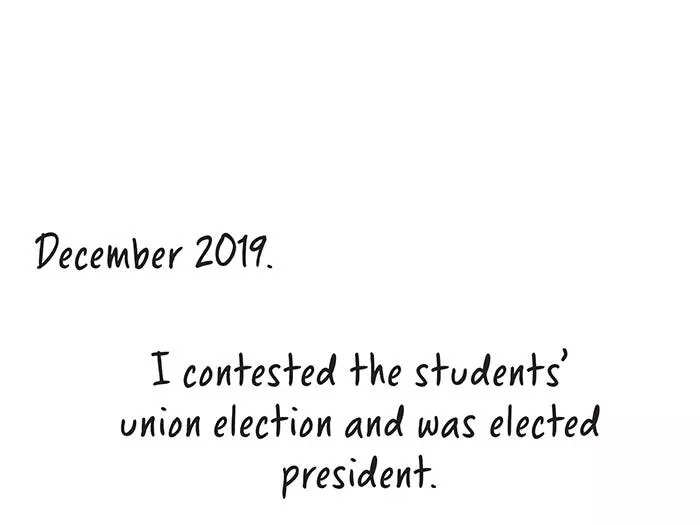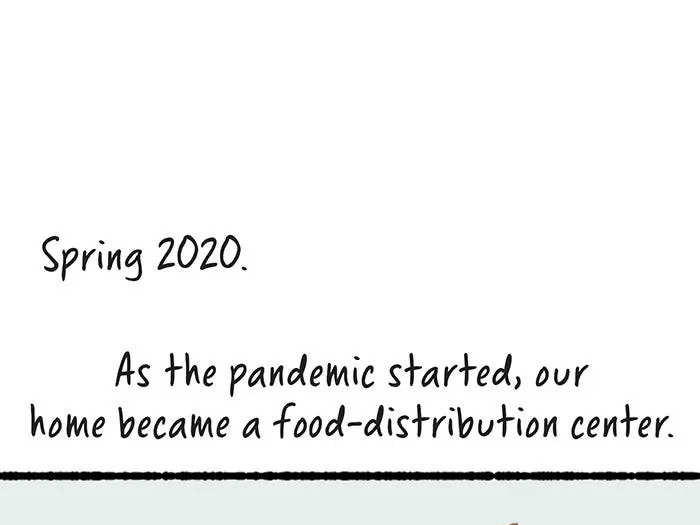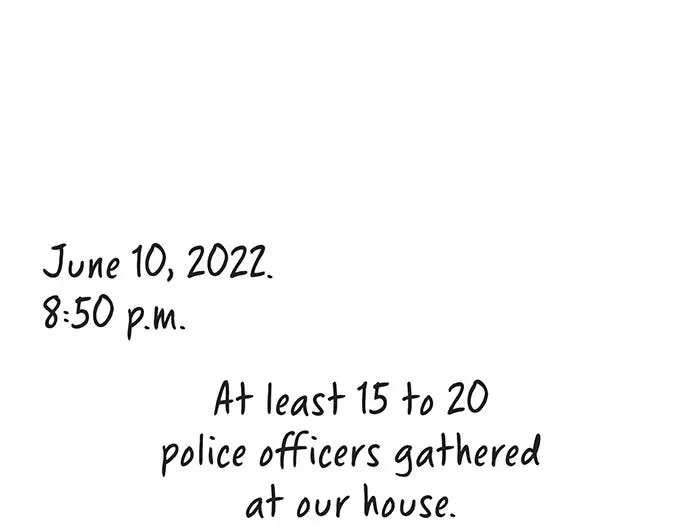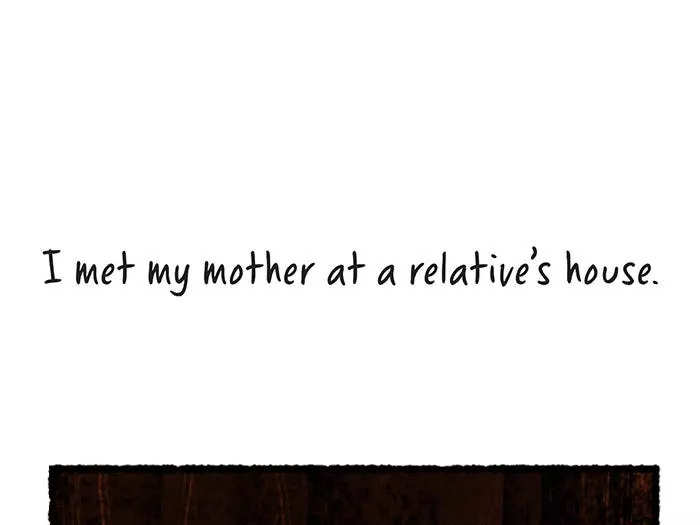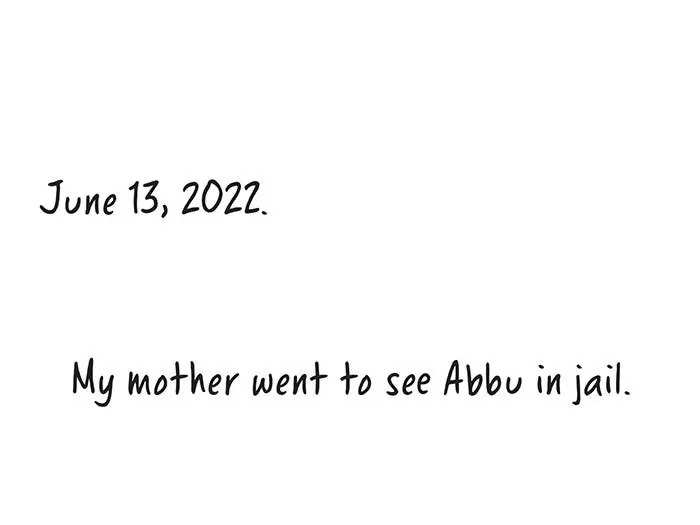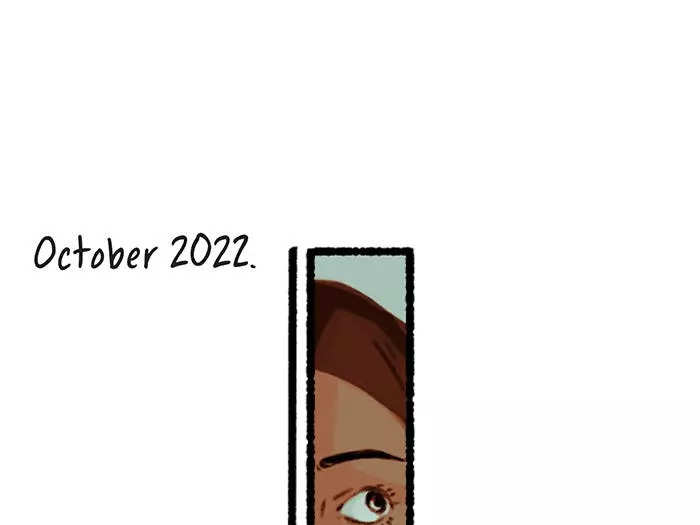Fahmida Azim
Afreen Fatima's family has always been fierce advocates for their community, the Muslim minority in India's Uttar Pradesh province. Her father, Javed Mohammad, has long been a point of contact for the government and a fighter for Muslims in the area in the face of discrimination.
Over the past several years, Fatima explains, that discrimination has only intensified. Egged on by extremist politicians, Muslims in India have been the victims of violence, targets of intimidation, and the subjects of state oppression from both official and unofficial channels. The passage of the Citizenship (Amendment) Act of 2019, which the United Nations Office of the High Commissioner of Human Rights said is "fundamentally discriminatory in nature," has only made things worse.
Afreen tells of how this rising tide of hate has impacted her personally. She explains how her role in student government at a Muslim university made her the target of online hate mobs, she tells of how her father was arrested on what she describes as flimsy and specious pretenses and has been held since, and finally, she speaks about the shocking destruction of her family home by a bulldozer.
Insider is proud to present the work of a Pulitzer Prize-winning comics team: Bulldozer Injustice.
June 12, 2022. 10:57 a.m. Allahabad, India I had comforted people who had gone through this. But never thought it would happen to us. The police had come and posted a notice on our house. It was suddenly labeled “illegal” even after we have always paid all relevant taxes and have all our property documents in order. It said our house would be demolished the next day. We couldn’t watch it. It was too painful. It’s a very disturbing feeling to see your house torn down. To become a refugee in your own country.
﹒
My name is Afreen Fatima. I was born in Allahabad in India’s Uttar Pradesh province. It is India’s biggest and most politically important state with a population of nearly 245 million — more than Brazil’s — with Muslims accounting for a fifth of it. My father is Javed Mohammad, a businessman and an activist. I’ve always had a weirdly magical relationship with him. As a child, I didn’t really pay attention to what Abbu did. He was a businessman, but also more or less a representative of the Muslim community. He would be called by the police district administration and asked to broker deals to basically negotiate on behalf of the community. I remember him once being very tense and concerned about his and our family’s safety. He filed a petition against a politician in Allahabad. The politician threatened him and he stayed away from the house for two nights because they were concerned he might be murdered. He once asked me to scan the papers of some petitions on the computer. Khalid Mujahid was arrested under terror laws in Uttar Pradesh, and my father was a petitioner in his case. After his death, the court said that he was innocent. Khalid was murdered while in custody. I scanned the postmortem report. Saw his dead body.
﹒
I moved to Aligarh Muslim University for my undergraduate degree in linguistics. That’s when I was hit with the realization of who I was. What my identity meant to people around me. In 2014, when Narendra Modi was elected into power in the country, there was a ramping up of anti-Muslim hate. In 2017, Yogi Adityanath became the chief minister of Uttar Pradesh. Extremist Hindu politics picked up pace. Islamophobia. Lynchings. Arson. Murder. Premeditated attacks on Muslims. May 2018. There was an attack on the university by right-wing goons. Carrying sticks and desi kattas, they attacked a few of the students. The police didn’t charge the men. There was a massive protest demanding their arrest. We asked to join the protests. But the women’s college students weren’t allowed out after a certain time. We broke open the locks and joined the protests. We were enraged. I was enraged.
﹒
December 2019. I contested the students’ union election and was elected president. I started wearing the hijab to assert my presence as a Muslim woman. I spoke out against Yogi’s hate-mongering and threats to Muslims all over India. In mid-December, the Citizenship Amendment Act was passed. It granted citizenship to migrants from the neighboring countries of Afghanistan, Pakistan, and Bangladesh. Minorities of these three countries. As long as they were not Muslims. Its main purpose is to disqualify Muslims from being citizens of India. Protests erupted. The day after a protest, the police showed up on campus, beating people. A student lost his eye. Some had hands amputated. I came to Allahabad and gave a speech there. Parts of it were tweeted by a spokesperson for the ruling Bharatiya Janata Party and the national media then picked it up. For the next three or four days, I was put on trial by the media. My face was plastered everywhere. Prime-time shows would show the speech using sensational music in the background. The day it started, I had to take a late-night train. One of the passengers started playing one of the news videos featuring me really loudly. I put a blanket over my face. I didn’t move from my seat the entire trip. It was a very scary journey.
﹒
Spring 2020. As the pandemic started, our home became a food-distribution center. We handed out monthly rations to people who would have otherwise starved. Some started to blame Muslims for spreading the virus. There was a massive crackdown on students and activists. Many people I personally know. One of my best friends, Sharjeel Usmani, was arrested. He was in custody for three months, but they did not give any reason. Others are still in jail. And I experienced a different kind of violence. July 2021. A website called Sulli Deals was made. It took pictures of Muslim women active and vocal on Twitter and put them “up for sale” in a virtual auction. When I found out, I was numb. My father looked at me. “Did you hear about this?” He said, “I’ll give you a few of my lawyer friends’ numbers — you can talk to them. File a complaint.” The site was taken down. But no one was arrested. Every time I would travel on the metro or be in public, I would look at a male and be scared they were on that website. I received a lot of vile explicit videos. Death threats. Rape threats. Vile pornographic images. Ones that said they’d attack not just me but also my mother and father. Knew exactly where we lived. It made me sick and vulnerable in any public space.
﹒
May 26, 2022. A national spokeswoman of Modi’s ruling Bharatiya Janata Party made derogatory remarks about the Prophet Muhammad on live TV. There was outrage. Countries like Saudi Arabia released statements against this. She was suspended from the BJP. June 3, 2022. Kanpur, India. A protest was organized in Kanpur, and it was met with a lot of police attacking protesters. Houses were demolished. My father received a call from a police official asking about a possible protest being planned in Allahabad. He met with the police officials to discuss it. He said he did not have any intention of organizing a protest. He posted on Facebook appealing to people not to protest. June 10, 2022. We woke up that day, read the Quran, and had lunch. All of a sudden, we started receiving videos of the police charging at the protesters, and then a battle of stone fighting. They beat Muslim youths as young as 14 years old. June 10, 2022. 8:50 p.m. At least 15 to 20 police officers gathered at our house. My father chatted with them in a very respectful, calm tone. They asked him if he could go with them to the police station. I asked him: “What if you don’t come back?” 12:30 a.m. I was calling Abbu’s lawyer friends to find out what I could do to help him. And then my sister-in-law told me that a female police officer had come to bring my mother and my sister Sumaya to the police station. I didn’t know where they were being held. The police made them sit at a station for more than 35 hours. And I found out the next morning my father was being held for being the “mastermind” of the June 10 protests. We then received a backdated demolition notice for our home. A notice of less than 12 hours. We just left without saying anything to anyone.
﹒
June 10, 2022. 8:50 p.m. At least 15 to 20 police officers gathered at our house. My father chatted with them in a very respectful, calm tone. They asked him if he could go with them to the police station. I asked him: “What if you don’t come back?” 12:30 a.m. I was calling Abbu’s lawyer friends to find out what I could do to help him. And then my sister-in-law told me that a female police officer had come to bring my mother and my sister Sumaya to the police station. I didn’t know where they were being held. The police made them sit at a station for more than 35 hours. And I found out the next morning my father was being held for being the “mastermind” of the June 10 protests. We then received a backdated demolition notice for our home. A notice of less than 12 hours. We just left without saying anything to anyone.
﹒
I met my mother at a relative’s house. My younger sister and I saw the demolition of our house on YouTube. We didn’t say anything to each other. When they were demolishing it, we could see a few items come out. My father and me, we had a massive library. We had an English translation of the Quran, and the people on the video were saying it was jihadi literature. It just scared so many of us. That’s exactly what the entire exercise was supposed to do, instill this fear psychosis in you.
﹒
June 13, 2022. My mother went to see Abbu in jail. When she arrived, she was told he had been moved again, but they wouldn’t tell her where. He was beaten by one particular police official. He kept beating him, as though it was out of personal spite. He knew things about my father, how he would hand out books to people. And when he was transferred to another prison, the same police official beat him again. They also withheld his blood-pressure medication. He was forced to spend four nights in a prison hospital. On July 16, he was charged under the National Security Act, used to jail someone without any official charges. We were allowed to visit him four times a month. But now it’s just twice a month. He knows the entire procedure. He tells us, “You should go to the lawyer every day, and you should sit with them, and get them to do this.” To not have him for the last five months is extremely difficult because I don’t know who to turn to now.
﹒
October 2022. Sumaya and I were out. Found ourselves near our old home. The feeling of being scared or insecure is being forced upon us by the state. If someone else had been going through this, I know that Abbu would have been there for that person. It’s our responsibility to voice our opinions and keep talking. All our childhood Abbu has raised us in this way, that we cannot stay silent over any kind of atrocity. We’re not going to be cowed down and not going to present ourselves as victims. We’re fighters, and will always be that. The End. Countless homes have been bulldozed across India since 2019, especially in Uttar Pradesh.There have also been countless cases of lynchings. In December 2021, Prime Minister Narendra Modi said, “When the bulldozer runs over the mafia … it runs over the illegal building, but the person who is nurturing it feels the pain." Javed Mohammad is still under arrest. Afreen is still fighting for his release.
﹒

